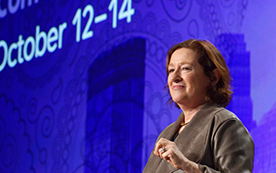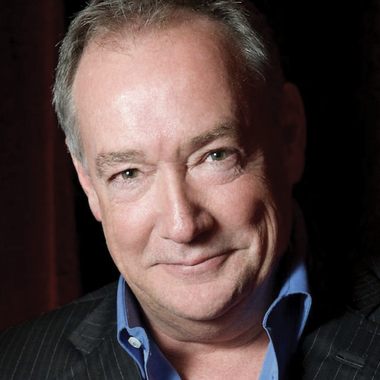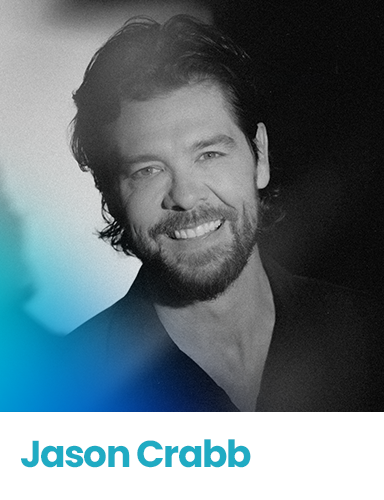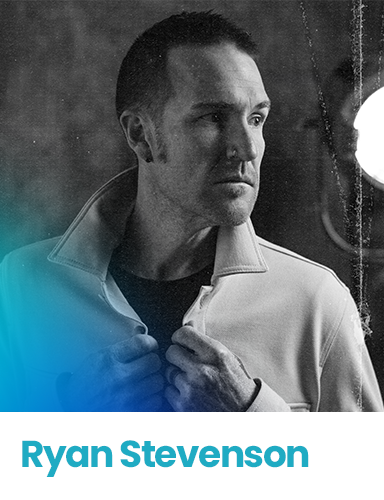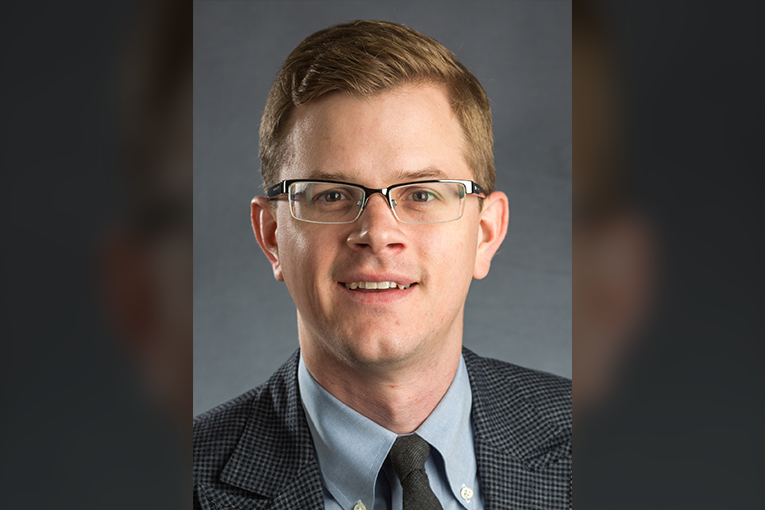
How to Stand Firm in an Unstable World
A few months ago, I got an email from a mother whose daughter was planning to attend Liberty University the following year. In the email, she shared how the gravity of this new season was weighing on her. She described at length the challenges they had experienced as a family raising their daughter in the Christian faith in the current social and political culture of the United States. The more I read her story, the more I got the sense that what she was really trying to impress upon me was actually quite simple. I do not want to lose my daughter.
That is the desire of every Christian parent, of course. But it is bigger than simply parents making decisions about college for their children too. It is a pivotal question confronting the church as a whole. How is the Christian faith effectively passed on to the next generation? Because sadly, the current picture is grim. In the last decade, the Barna Group published findings into the lives of [JCL(D1] 18-to-29-year-olds who grew up Christian. Although 70 percent still claim to be Christian, close to two-thirds have left the church, and 20 percent have left the faith entirely. Only 10 percent make up what Barna terms resilient disciples.
Can anything be done to reverse the trend? On one level, of course, the only hope is Christ. He is the one who said, “Apart from me, you can do nothing.” But the late Christian teacher, Dallas Willard, once noted how that statement from Christ also works in the inverse. “If you do nothing, it will be without Me.” In other words, a dependence on Christ does not mean a lack of effort on the part of the believer.
But from my own experience of working with Christian young people, I have found that while there is often a sincere desire to grow in Christ, there is also a lack of awareness of the role a believer plays in that process. This is because any sense of effort is often eyed warily as a form of legalism. In an attempt not to be a legalist, however, it seems to me many well-intended Christians have thrown out this most basic understanding of human formation. I will become what I do. That is not legalism. That is a fact.
If I watch what the world watches, listen to what the world listens to, and behave as the world behaves, I should not be surprised when I wake up to find that I have become the world, regardless of what I might claim. But here is the point. The reverse of that is also true. If I pursue Christ, I will become like Him. I know that because He promises it.
It is my belief then that the path to reversing the trend among young people abandoning the faith is to take seriously once again the expectation of obedience in the life of a believer. In his address to the Galatians, Paul writes, “It is for freedom’s sake that you have been set free. Stand firm, then, and do not let yourselves be burdened again by a yoke of slavery.” The point is that for Paul, the freedom a Christian possesses in Christ is fundamentally not a freedom to behave like the world. It is a freedom not to. It is a freedom to pursue Christ.
That’s what I told the mother who emailed me. No, I cannot promise you will not lose your daughter. Her soul is not in my hands. But I can promise to hold up Christ in front of her and continually encourage her to, “run with endurance the race set before [her], fixing [her] eyes on Christ, the author and perfector of [her] faith.”
For additional audio and visual resources about how to encourage your listeners as they support their student’s faith journey or to schedule an interview with Josh, please visit Liberty.edu/CMB and scroll to the “Radio Resources” section.

